JKPSC KAS Mains 2022 Political Science Paper 1:
INSTRUCTIONS
Please read each of the following instructions carefully before attempting the paper.
(i) There are eight questions divided in two Sections and printed in English. Candidate has to attempt Five questions in All. Questions No. 1 and 5 are compulsory and out of the remaining, any Three are to be attempted choosing at least One question from each Section. The number of marks carried by a Question/Part is indicated against it. Answers must be written in English in Question-Cum-Answer (QCA) Booklet in the space provided.
(ii) Your answer should be precise and coherent.
(iii) If you encounter any typographical error, please read it as it appears in the text book.
(iv) Candidates are in their own interest advised to go through the general instructions on the back side of the title page of the Answer Script for strict adherence.
(v) No continuation sheets shall be provided to any candidate under any circumstances.
(vi) No blank page be left in between answer to various questions.
SECTION- A
1. Answer the following in about 150 words each: (5 x 10 = 50)
(a) What are the basic premises of Sri Aurobindo’s ‘Cultural Nationalism’? (10)
(b) Elucidate on the ‘Concept of Equality’ as propounded by Aristotle? (10)
(c) Explain the Post-Behavioural approach? (10)
(d) ‘The central notion in Locke’s political philosophy is his theory of natural law and natural rights’- Comment. (10)
(e) What is the difference between Participatory Democracy and Deliberative Democracy?
2. (a) Compare and contrast the views of Kautilya and Machiavelli on Statecraft? (20)
(b) ‘In John Rawis’s egalitarian liberalism, citizens relate to each other as equals within a social order defined by reciprocity’. Discuss. (15)
(c) Critically examine the basic assumptions and objections of Marxist’s theory of State? (15)
3. (a) Examine the relationship between power, authority and legitimacy substantiating with examples. (20)
(b) Define Human Rights and expound on three generations of Human Rights. (15)
(c) Distinguish between liberal feminism and radical feminism. (15)
4. (a) Critically analyse Ambedkar’s ideas on annihilation of caste. (20)
(b) ‘Different conceptions emerge in political theory on the basis of which both the past and the present theories can be judged and evaluated’. Discuss. (15)
(c) Examine Hannah Arendt thoughts on totalitarianism, revolution and the nature of freedom. (15)
SECTION- B
5. Answer the following in about 150 words each: (5 x 10 = 50)
(a) Significance of ‘Sepoy Mutiny’ in Indian Freedom Movement. (10)
(b) ‘Federalism is no longer the fault line of Centre-State relations but the definition of a new partnership of Team India’. Comment. (10)
(c) Is Indian politics moving from ascriptive politics to developmental politics? Discuss. (10)
(d) Examine the spirit behind Article 368 of the Indian Constitution. (10)
(e) Why Chipko Movement is hailed as one of the strongest movements to conserve forests in India? (10)
6. (a) ‘Legitimising government action and protecting the Constitution against government overreach are two vital purposes of Judical Review’. Discuss the efficacy of Judicial Review in India citing some instances. (20)
(b) ‘Constitution is not a mere lawyers’ document, it is a vehicle of life, and its spirit is always the spirit of Age.’- Dr B. R. Ambedkar. Analyse the statement in relation to the Indian Constitution. (15)
(c) Critically examine the Radical Humanist Perspective in Indian National Movement. (15)
7. (a) Indian society is characterised by more ethnic and religious groups as compared to other countries of the world’. Discuss. (20)
(b) Critically assess the major Trends shaping India’s Voting Landscape. (15)
(c) Examine the role of the National Commission for Women in preserving, promoting and protecting the rights of Women in India? (15)
8. (a) ‘The role, powers, and discretion of the Governor’s Office in States have been the subject of constitutional, political, and legal debate for decades. Discuss with relevant instances. (20)
(b) Discuss the role of the Comptroller and Auditor-General of India in ensuring the accountability of the government. (15)
(c) ‘The goal of good governance could be achieved by strengthening the grass root level democracy’. In the light of the statement, examine the major constraints in Panchayat Raj Institutions and Urban Local Bodies in deepening of democracy in India. (15)
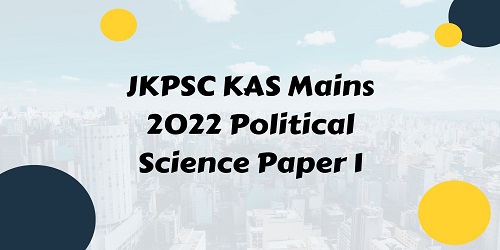
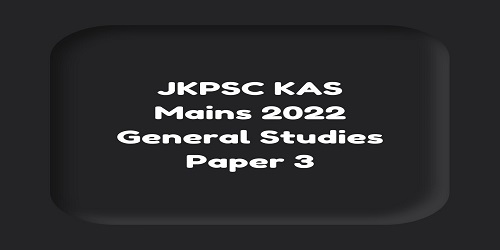
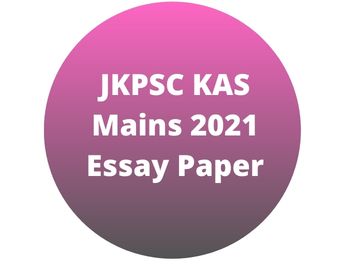
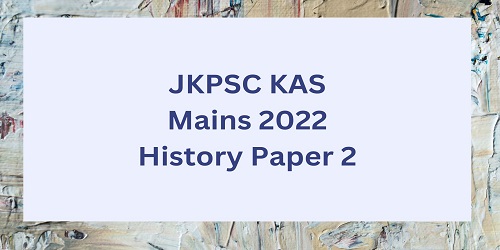

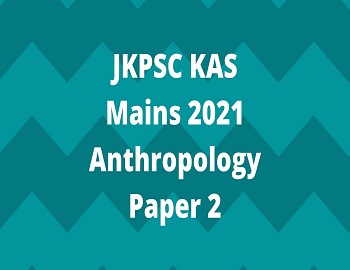
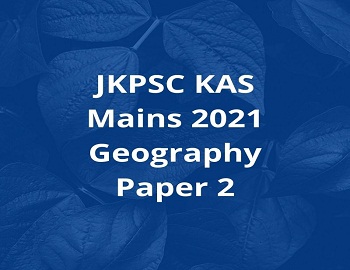
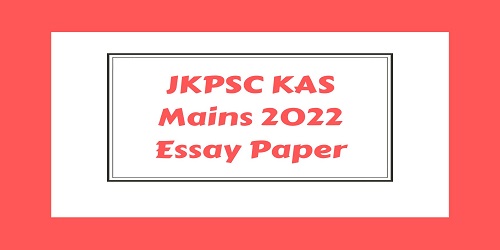
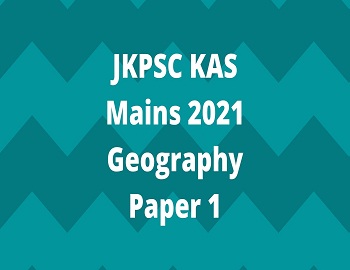
Comments (No)